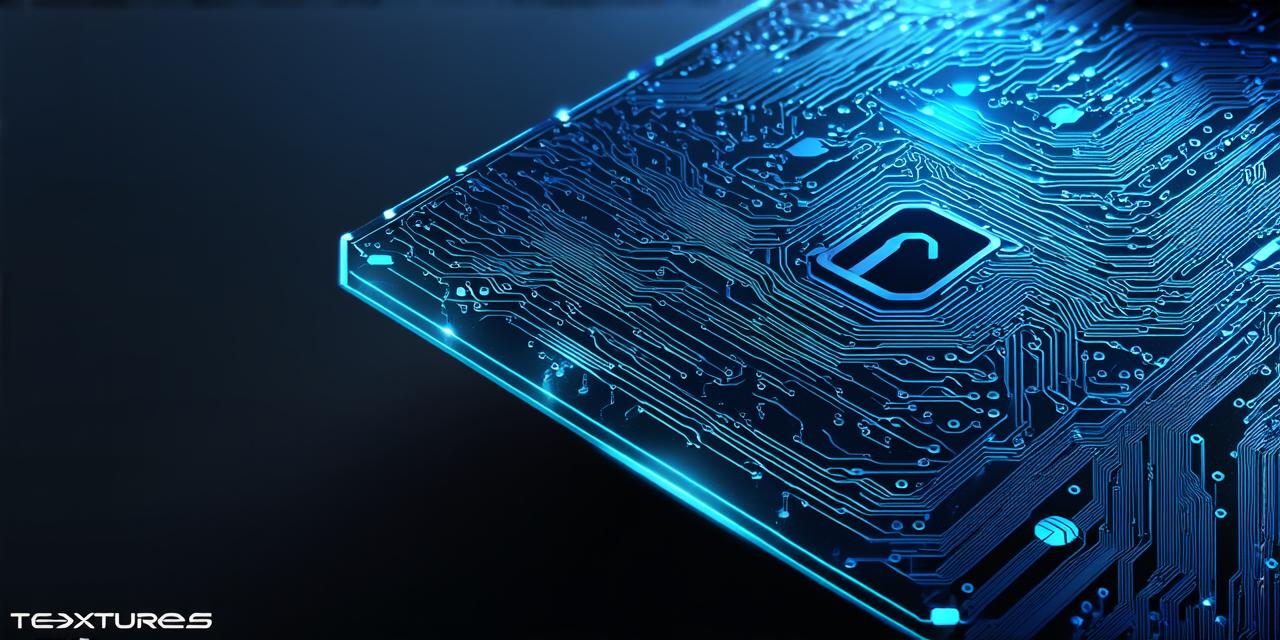Smart contracts are self-executing programs that run on the blockchain. They automate the execution of agreements and have the potential to revolutionize many industries. However, they can only execute based on the data that is fed into them.
This is where oracles come in. An oracle is a trusted third-party that provides external data to smart contracts on the blockchain. In this article, we will explore the different types of data that oracles can provide and how they help smart contracts access this data.
1. Weather data
One of the most popular use cases for oracles is weather data. Smart contracts can be programmed to execute based on weather conditions such as temperature, rainfall, and wind speed. For example, a smart contract could automatically pay out an insurance claim if there was heavy rainfall that caused damage to a property.
2. Social media data
Social media is another popular use case for oracles. Smart contracts can access social media platforms such as Twitter, Facebook, and Instagram to gather information about public sentiment, brand mentions, and other relevant data. This data can be used to trigger smart contract executions based on specific criteria. For example, a smart contract could automatically pay out a marketing campaign if a certain number of people like or share a post on social media.
3. Location data
Location data is another type of data that can be provided by oracles. Smart contracts can access location-based services such as GPS and IP geolocation to gather information about the location of users or devices. This data can be used to trigger smart contract executions based on specific criteria. For example, a smart contract could automatically pay out a ride-sharing app if a user arrives at their destination.
4. Financial data
Financial data is another popular use case for oracles. Smart contracts can access financial data such as stock prices, exchange rates, and other relevant information to trigger executions based on specific criteria. For example, a smart contract could automatically pay out a bet if the price of a particular stock reaches a certain level. Financial data can be provided by specialized APIs or data feeds.
5. Health data
Health data is another type of data that can be provided by oracles. Smart contracts can access health data such as medical records, test results, and other relevant information to trigger executions based on specific criteria. For example, a smart contract could automatically pay out an insurance claim if a patient has a certain condition or undergoes a specific treatment.
Case studies

One real-life example of an oracle being used in a smart contract is the Decentralized Autonomous Organization (DAO) hack in 2016. The DAO was a smart contract that raised over $150 million in Ether, a cryptocurrency, to fund various projects. However, a vulnerability in the smart contract allowed an attacker to drain a large portion of the funds. In response, the Ethereum community created a hard fork of the blockchain to roll back the transaction and restore the stolen funds. The oracle used in the smart contract was the DAO’s own oracle, which allowed the smart contract to access information about the state of the Ethereum blockchain.
Another example is the use of oracles in supply chain management. A company could use a smart contract to automatically pay suppliers based on the delivery of goods and services. The smart contract could access data from an oracle to verify the delivery and ensure that the company has received the goods and services it paid for. This would increase transparency and efficiency in the supply chain, reducing the risk of fraud and disputes.
Conclusion
In conclusion, oracles play a crucial role in providing external data to smart contracts on the blockchain. They help smart contracts access data from a variety of sources, including weather, social media, location, financial, and health data.
